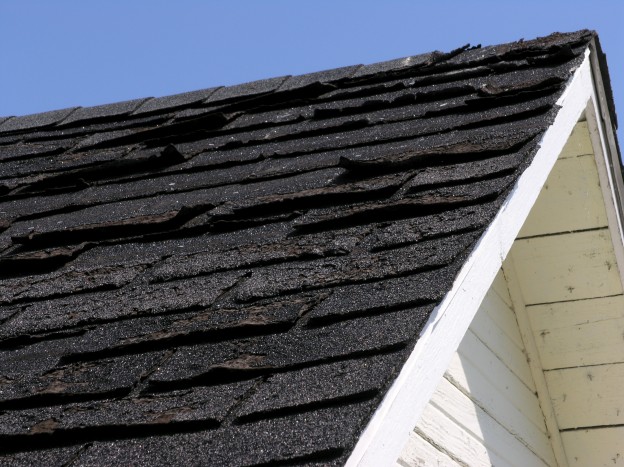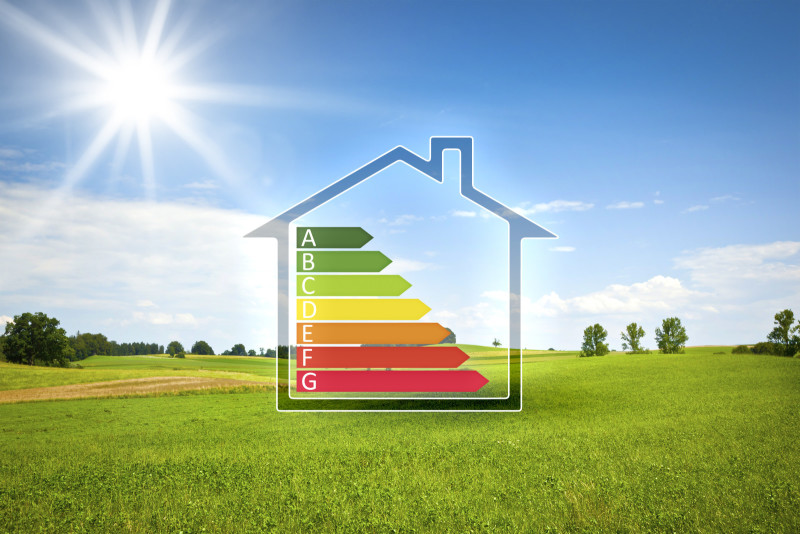
Your roof is your home's first line of defense against the outside elements. Everything from wind, rain, ice, snow and the sun are constantly being weathered by and weathering your roof.
Home warranties, or home service contracts, claim to cover everything under your roof. But do they cover the roof itself?
In the case of roof coverage, there are usually specific repairs the home service contract will cover, or not. With the disclaimer that most home warranty companies offer roof repair as an optional add-on, some cover it as part of their standard plans. The scope of coverage by most service contracts that offer roof repair as an option include leak repairs or shingle replacement, but no home service contract (that we've come across) offers a roof option that would cover the complete re-roofing of a property.
Roof Repair Coverage Options and Limitations
Home service contracts come in a variety of plan options. Oftentimes, they cover specific appliances or systems and exclude most parts of the structure of the home, like windows, the roof and the interior and exterior components of the walls. Some plans cover one or two items, like a dishwasher and garbage disposal, while others are very inclusive to the extent that your roof and other structural elements are covered, however usually with limitations. The key is to read through the details, because the one common denominator in all home service contracts is that they are all very different.
Other stipulations include coverage periods for different parts of the home. For example, the foundation may be covered for a different period of time than the roof or other structural elements. Also, some home service contracts start on an activation date that is pre-selected by the homeowner, which may be different from the date the contract was actually purchased on. Some companies also require a waiting period, such as 30 days after purchase, before claims can be made. Again, read through the details carefully.
Roof Repair Scams to Be Aware Of
Part I: Gaining Access
Roofing contractors as an industry ranked number one on the Better Business Bureau's 2016 Compliant and Inquiry Statistics report for the sheer amount of inquiries made by consumers last year. Out of the thousands of industries ranked, roofing contractors ranked number 22 based on complaints.
To put these figures in perspective, painting contractors ranked number 21 based on inquires and number 120 based on complaints. Home builders ranked number 8 based on inquiries and number 32 for complaints.
When it comes to roofing contractors, be aware of who you entrust your home with, and be especially aware of these roofing scams:
Storm Chasers
Has your area recently been hit by a hailstorm or a rainstorm? If yes, then you may have been contacted by a roofing contractor to fix your damaged or leaking roof at a great discount, or at almost no cost. They do this by helping homeowners claim insurance money for repairs that don't need to be made. This is a kind of scam that is being perpetrated widely across the U.S. A well-dressed professional may knock at your door and offer you a free inspection of your roof, claiming it has most likely been damaged by the recent storm. They may also tell you that your roof is at danger, and share they've recently repaired nearby properties that have suffered similar roof damages. Furthermore, they may offer you cheap construction materials, claiming they recently repaired similar structures nearby and have leftover materials.
The Flyer
Another method adopted by these roofing contractor cons is to make contact with prospective customers by leaving flyers on doorknobs or in mailboxes. The flyer will typically advertise a 'free roof inspection' or 'roof repairs at zero cost' by offering to assist customers in filing illegitimate claims with their insurance companies for repairs they don't actually do. These people normally target storm hit areas, senior citizens and people with disabilities who cannot climb up to their roofs to inspect them for themselves.
Showing and Creating False Damage
Once contractors gain access to a roof, as part of their 'free inspection,' they climb up to assess the status of the roof. If there isn't any damage they either create damage using tools, or claim the shingles are weak or poorly attached. Even worse, they sometimes show pictures of damaged roofs taken somewhere else and pass it off as the prospective customer's damaged roof. The contractor then insists on fixing it immediately in order to avoid additional damage or will cite forecasted bad weather coming soon.
Part II: Payment Options
Once these faux roofing contractors convince people their roofs are in dire need of repair, they move onto payment options.
Some of the common terms and discounts they advertise are:
Discounted Material
Some contractors will offer discounts ranging from 20–30 percent off the estimated cost for materials by telling customers their supplies are from previous work. The leftover materials are available at discounted prices while their team is in the neighborhood, and they'll pressure customers to act immediately.
Insurance Fraud
This is one of the most widely occurring roofing fraud types across the U.S. Here, the roofing contractor offers to inflate the bill and charge it to the insurance company on behalf of the customer. They'll also offer to reimburse the customer for their insurance deductible, so in the end the customer ends up paying nothing at all. Some people get duped by this free service offering, but what they may not realize is that this is insurance fraud and can be damaging to both the contractor and the customer.
Pay Upfront
The contractor insists the customer pays the full amount for the repairs up front. Some will indicate they need this in order to purchase the necessary supplies, or ask for a minimum of 50 percent down in order to allot the crew for the repairs. Whether it's 100 percent or 50 percent, once they receive payment, some contractors will disappear completely. Contractors who do this frequently avoid detection by moving or operating in different regions or under different business names.
Part III: Protect Yourself
It is crucial for customers to be alert and diligent when engaging roofing contractors to fix a damaged roof, or a roof a contractor is claiming to be damaged.
Some measures homeowners can take to avoid roofing contractor scams are:
- Speak to neighbors to ask if they have roof damages, and if they've recently had them repaired.
- Verify the credentials and the business license details of the contractor before signing a work agreement.
- Ask the contractor for local references or testimonials that can be verified by phone and email.
- Check with your insurance agent and/or home warranty company to see if roof damages are covered under the insurance policy or home warranty plan, and if the company performing the repairs is valid and in existence.
- Make sure that all verbally agreed upon points are covered in the written contract with the roofing contractor and that documentation for all repairs is properly noted.
- Investigate the track record of the roofing contractor you're considering hiring – check online reviews and references personally.
- Collect a business card from the contractor; if a business address is listed, consider stopping by the office.
In Conclusion
One of the best features of home warranties, especially as it relates to roofing contractors, is that contractors servicing home warranty companies and their clients are:
- Pre-screened for licensing and insurance as required by their respective states
- Regularly monitored and evaluated for their performance
- Graded and rewarded for the quality of their work
- Backed by the home warranty company on covered repairs
Using a contractor through a home service company instead of someone off the street advising you on repairs you need will drastically mitigate potential scams you may fall victim to by a random roofing contractor soliciting you.
While some home warranties offer limited roof protection and leak coverage, it's important to remember that no home warranty will cover any pre-existing conditions. The roof protection and leak coverage options available through home warranties are rare and fairly limited. Most cover patches for small leaks, and none (that we know of) cover partial or entire roof replacement.
Chances are, if you are purchasing a home warranty solely for its roof repair and protection options, you will not be very satisfied. Home warranty contracts work best when properly used and understood, which is why it's important to compare plan details.
To view coverage options available in your area, enter your zip code into CompareHomeWarrantyQuotes.com and search for plans that meet your needs and budget.


